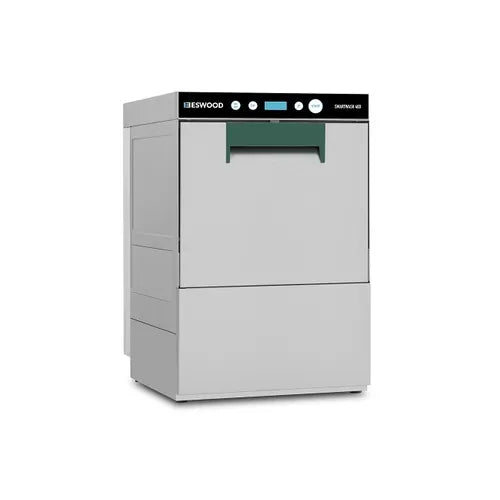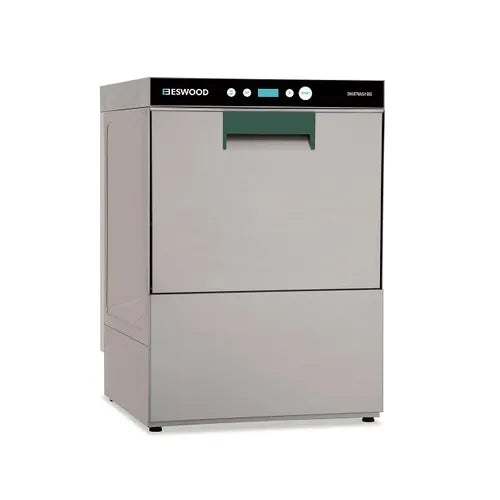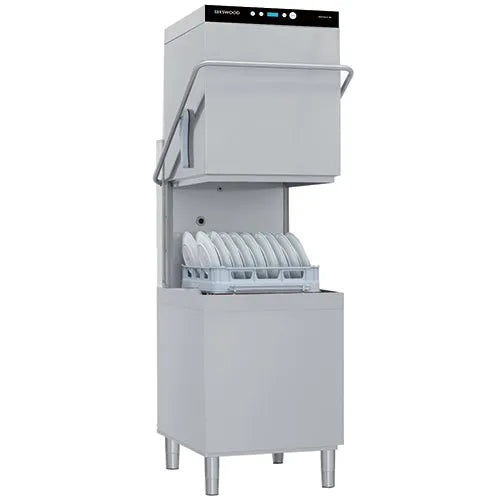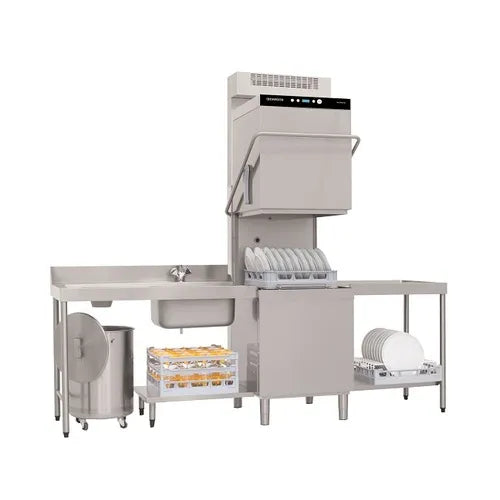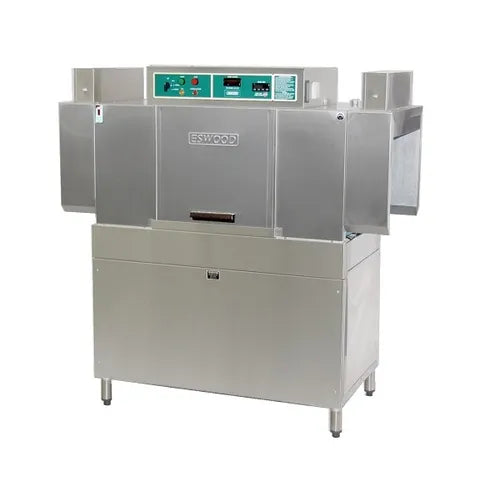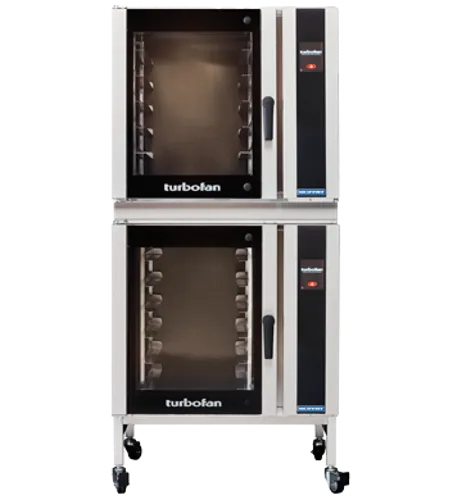When launching a food business, whether it's a café, bakery, or restaurant, choosing the right oven is crucial. Many startup owners consider using a domestic oven to cut costs, but investing in a commercial convection oven can significantly improve efficiency, consistency, and overall business success. Here’s why a commercial convection oven is the smarter choice—and what key factors you should consider before purchasing one.
Why Choose a Commercial Convection Oven Over a Domestic One?
1. Superior Cooking Performance
Commercial convection ovens are designed for high-volume cooking, providing even heat distribution with powerful fans. This ensures food is cooked faster and more consistently compared to a domestic oven, which may have uneven hot spots and struggle with large batches.
2. Increased Capacity
Unlike domestic ovens, commercial convection ovens come with larger tray sizes and multiple racks, allowing you to bake or roast more food at once. This is essential for meeting customer demand without delays.
3. Built for Heavy-Duty Use
Domestic ovens are meant for occasional use, whereas commercial convection ovens are designed to withstand long hours of operation every day. They feature robust materials, better insulation, and enhanced durability, reducing the risk of breakdowns.
4. Compliance with Health and Safety Standards
Most health regulations require commercial kitchens to use certified commercial equipment. Using a domestic oven in a professional setting may not comply with industry standards, which could cause issues during health inspections.
Key Considerations When Choosing a Commercial Convection Oven
Before purchasing a convection oven, consider these important factors:
1. Power Supply: Gas vs. Electric
- Gas convection ovens heat up quickly and are cost-effective in locations with affordable gas supply.
- Electric convection ovens offer precise temperature control and are easier to install, making them ideal for kitchens without gas lines.
2. Tray Size and Capacity
Check the tray size to ensure it fits your business needs. Standard GN (Gastronorm) trays are common in commercial ovens, but if you're baking, you may need specific sheet pan sizes. Larger capacity means more efficiency during peak hours.
3. Ventilation Requirements: Do You Need a Canopy?
Most commercial convection ovens require proper ventilation to remove excess heat, grease, and smoke. Depending on local regulations, you may need a canopy (extraction hood) to comply with safety standards. Always check with your local health department before installation.
4. Warm-Up Time
Commercial convection ovens generally heat up within 10-15 minutes, significantly faster than many domestic ovens. This reduces downtime and improves kitchen efficiency.
5. Cleaning and Maintenance
Regular cleaning extends the lifespan of your oven. Look for models with:
- Removable racks and drip trays for easy cleaning.
- Self-cleaning functions to reduce manual effort.
-
Stainless steel interiors, which are more resistant to grease buildup.
To clean, wipe the interior daily, use a mild degreaser for stubborn stains, and check ventilation filters regularly.
Final Thoughts
While a domestic oven may seem like a cost-saving option at first, investing in a commercial convection oven ensures better performance, durability, and compliance with industry standards. Consider factors like power source, tray size, ventilation, and cleaning requirements to find the right model for your startup business.
Need help choosing the best commercial convection oven for your needs? Contact us today for expert advice and recommendations!


